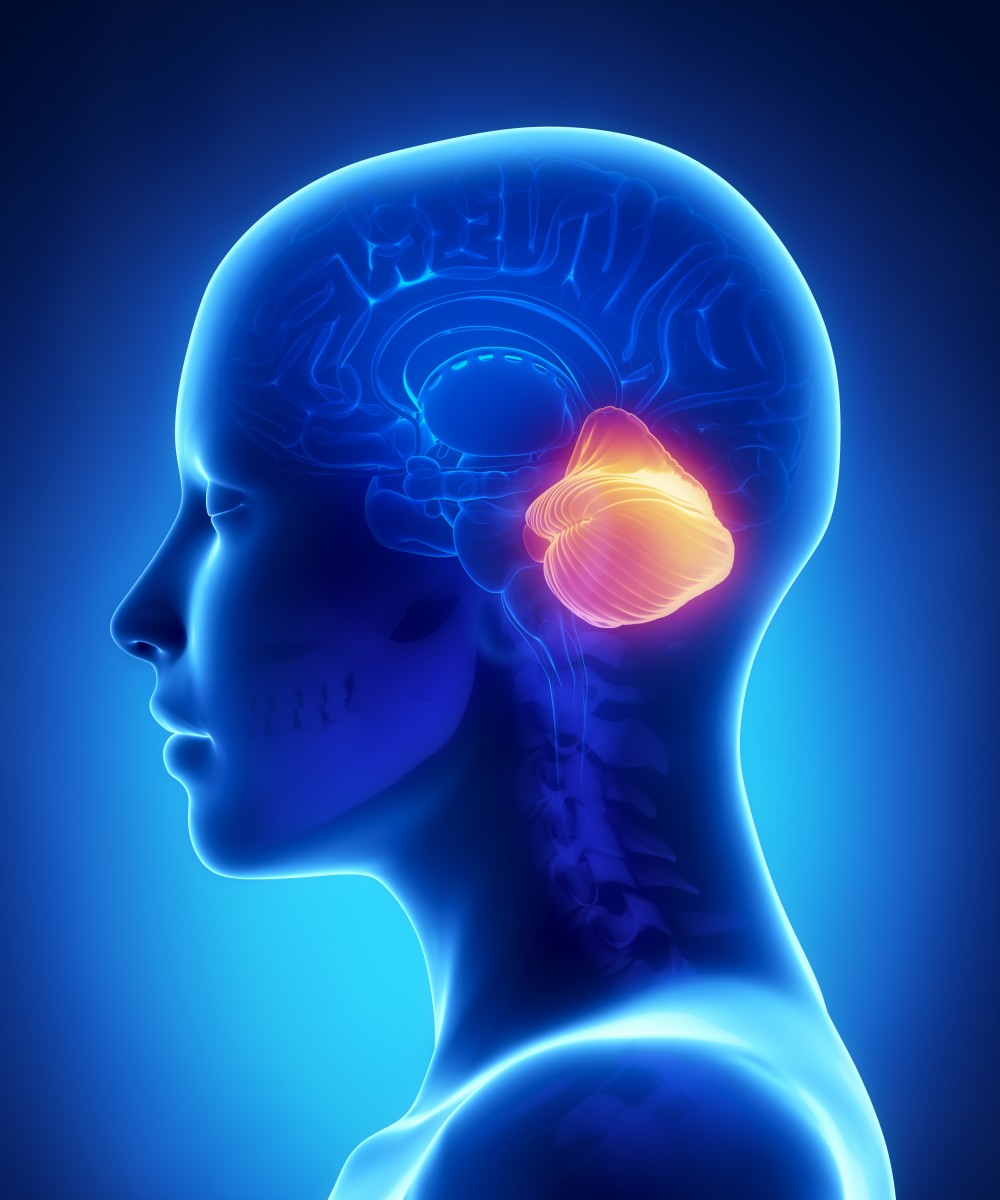‘Ataxia’ is an umbrella term for a group of neurological disorders that affect balance, coordination and speech. There are many different types of ataxia that affect people in different ways:
- Inherited Ataxias such as Spinocerebellar Ataxia
- Acquired Ataxia for example following a stroke, head injury or secondary to alcohol
- Ataxia as a symptom of Multiple Sclerosis or other neurological disorders of the central nervous system
- Idiopathic Ataxia (cause unknown)
People with ataxia may experience difficulty with controlling timing, force, direction and rhythm of movements making everyday tasks such as walking and standing difficult. Depending on the cause of ataxia, people may also experience tremor, altered balance, impaired sensation and increased risk of falls, as well as fatigue.
Neurological physiotherapy promotes improved function by including a variety of exercises and strategies to target various symptoms:
- Static and dynamic balance activities with eyes open and closed, on different surfaces and at varying speed and complexity
- Trunk muscle stability exercises incorporating arm and leg movements in a variety of positions
- Practise and training of balance reactions
- Repetitive functional task training with focus on control, timing, force, direction and speed
- Consideration and review of oculomotor (eye movement control) symptoms
- General fitness and strength for everyday living
- Discussion and education about fatigue management
Physiotherapy can help with the management of ataxia but requires an extensive amount of practise for adaptation and compensation to occur. Neurological physiotherapy can support people with ataxia to identify appropriate management.
Transitions Physiotherapy can visit people in their home and set up a home exercise program or provide 1:1 therapy. Studio based 1:1 physio and and small group circuit therapy is also available at Kingsley Studio.

